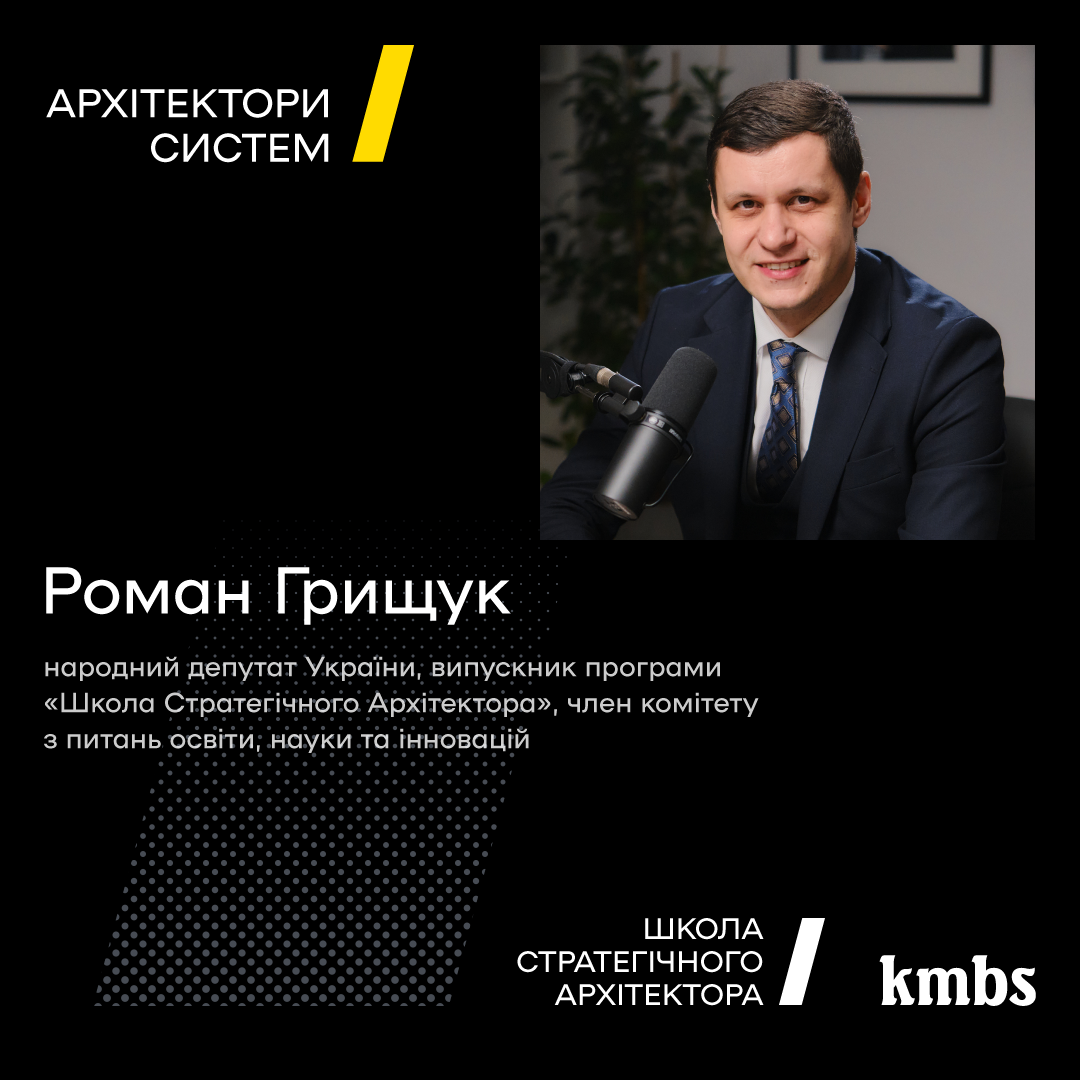Learn first
KMBS latest news in real time

For the latest KMBS events and news, visit KMBS Live at the top right corner of the screen
Open kmbs live 09.05.2022
09.05.2022 2417
2417 4min
4minMukachevo Help: how to start an organization in three days
From the beginning of the war, I wanted to help somehow. I turned to the volunteers, and they asked for batteries, flashlights, mobile phones, and tablets. We found 159 phones, several boxes, batteries, flashlights, and medicines on the first day.
Then I joined the volunteer headquarters. It was necessary to solve various tasks, mainly to deliver the car from abroad. I succeeded with the help of "three handshakes," my organizational and communication skills.
Later, the deputy mayor asked me to help find a room and organize the work of the warehouse with the help of the military. After all, we received a lot of things, and there was nowhere to put them. Eventually, volunteers turned the private training space into a warehouse.
I also saw the need to create a call center that could coordinate the work of warehouses, the issuance of aid, and more. Three more handshakes - and we were given offices. We got phones and numbers for them. I found volunteers. An acquaintance offered help with the IT component… Then I asked the city authorities to hold regular meetings to see who needed what. There was a logistician who was able to "close" this area.
We also have a legal department. At the beginning of the war, it happened that my husband and I found housing for Oleg Boriychuk, whom we met on the program in kmbs. He helped verify the information of volunteers and those to whom we sent the goods.
That's how it all turned out. Soon we had 25 people working for us. In fact, in three days, we have created a full-fledged company, albeit with unsharp processes.
There were a lot of inquiries. For example, people called and said they needed medicine or did not know where to be treated. I came to the town hall meeting and asked for this information. The head of the medical service was called, and she provided contact numbers. Subsequently, we separated the composition of drugs. Pharmacists began to pack them professionally.
Then we set up an application department that took orders from organizations, and volunteers at the call center searched for and provided information to people. This allowed reducing the burden on operators because, until a certain point, they took orders, searched the warehouses, and sent the logistician information that needed to be shipped.
Over time, we've noticed that information can be lost or forgotten, so we've created a "tutorial" for call center operators. And somehow, they called psychologists to instruct our operators on how to talk to people in a panic attack state.
About cooperation
Many friends turned to me for information about the city: where to repair a car, cut a dog, and so on. I realized that they needed help with even very familiar things. That's why I organized several meetings, including with the mayor. He promised to open coworking - and it has already happened, the city authorities have opened coworking for 10-12 jobs, and people work there.
One day in April, I was preparing breakfast at home and heard Masha Efrosinina say on TV that her fund was short of diapers. And I knew where there were diapers in Mukachevo: they came to the country, but there were few requests. I found the foundation contacts - and the next day, we sent them 50 boxes of diapers. Expensive medicines also went to them. So we became friends.
We also gathered all the warehouses that started working in Mukachevo and invited everyone to work transparently and together on one software. Some agreed, and some did not. We were the first to help with the software deployment.
I believe that if all humanitarian groups wanted to work together, the effect would be even more substantial. But some have decided that they do not want to show their leftovers and their activities to anyone. This sometimes led to inefficiencies: logistics were irrational, and the car was half-empty.
What's next?
Initially, we had 100 appeals a day, even at night. Subsequently, we posted a lot of helpful information on the site and added the ability to leave inquiries there. And gradually, the number of applications began to decrease.
At one point, I realized that I was tired and burned out. In addition, it was necessary to get involved in the work, and to be the head of two companies at the same time is very difficult. So I gathered my colleagues and said I was ready to hand things over.
In general, I believe that Mukachevo Help has already fulfilled its function. This was excellent support for the city council, which could not cope with the flow of information, people, and help at the beginning of the war. We have implemented many initiatives, taking on the "anti-crisis" function. And now, the city council and international funds can take care of everything.










